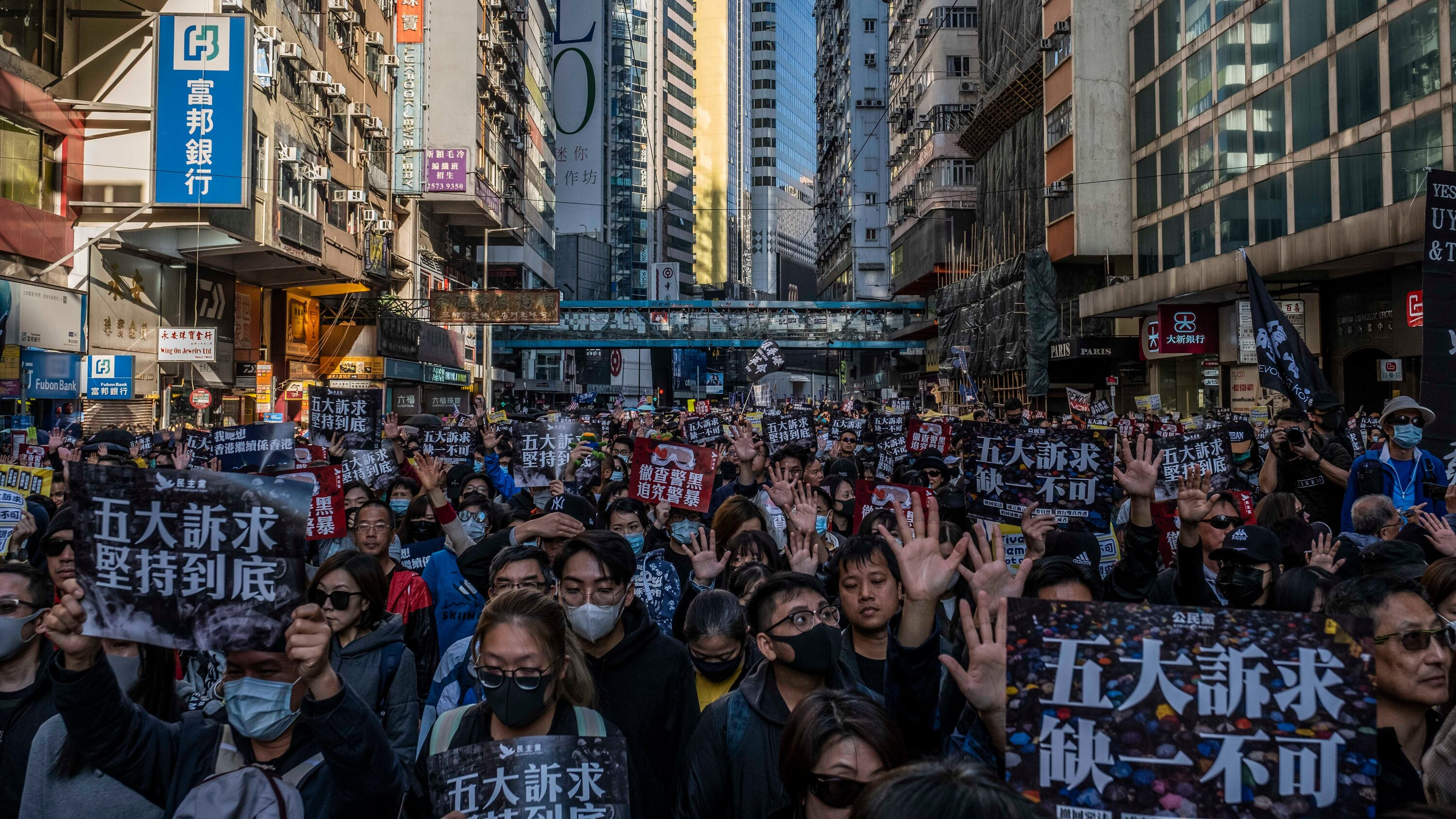Australia Cracks Down on Doxxing with New Law Imposing Seven-Year Prison Sentences
The Australian government has taken a decisive step to combat the growing issue of doxxing by introducing new legislation that could see offenders face up to seven years in prison. Doxxing, the malicious act of publishing someone's personal information online without their consent, has become a significant concern in recent years, particularly in cases targeting individuals due to their race, religion, sexual orientation, or other protected characteristics.
The new law, which amends the Criminal Code, specifically targets the release of personal data in a way that is considered menacing or harassing. It draws inspiration from an incident earlier this year where over 600 Jewish creatives had their details shared online by individuals claiming to be pro-Palestinian activists. This incident sparked widespread outrage and calls for action, prompting the Executive Council of Australian Jewry (ECAJ) to advocate for stronger legislation to protect individuals from such abuse.
Doxxing: A Damaging Form of Abuse
Attorney-General Mark Dreyfus, who introduced the legislation, emphasized the severe consequences of doxxing, stating that it can lead to “significant and enduring harm,” including public embarrassment, humiliation, discrimination, stalking, identify theft, financial fraud, and threats to the victim's life and safety. He highlighted that doxxing can inflict “significant and lasting psychological harm.” Dreyfus also recognized the disproportionate impact of doxxing on women, often used as a tool of abuse in domestic violence situations.
Penalties Vary Based on Targeting
The severity of the penalty for doxxing will depend on the nature of the offense. While the maximum penalty for general doxxing is six years’ imprisonment, the punishment escalates to seven years if the target is chosen because of their race, religion, sex, sexual orientation, gender identity, intersex status, disability, nationality, or national or ethnic origin.
Beyond Doxxing: A Broader Push for Privacy Protection
The doxxing legislation is part of a broader suite of laws aimed at strengthening privacy protections in the digital age. These measures include:
- A new right to sue for invasion of privacy: Australians will have the right to take legal action against individuals or companies that invade their privacy.
- A dedicated children's privacy code: This code will specifically address online harms faced by children.
- Enhanced regulatory powers for the Information Commissioner: The Information Commissioner will be granted greater authority to oversee privacy protections.
Controversy Over Hate Speech Legislation
While the government has taken steps to combat hate crimes, concerns have been raised that its proposed legislation does not go far enough. The initial announcement of anti-vilification laws was welcomed by many Jewish and Muslim groups, as well as the LGBTQ+ community, but subsequent negotiations led to a watering down of the legislation. This sparked criticism from organizations such as Equality Australia, which argued that the laws lack sufficient protection against hate speech and serious vilification.
Despite the controversy, the government remains committed to protecting minority groups and tackling hate speech. Attorney-General Dreyfus stated that the new laws send a clear message that “there is no place in this country for hate speech and other hateful conduct that urges or threatens violence against others.”
A Step Forward, But More Needs to Be Done
While Australia’s new doxxing law represents a step forward in protecting individuals from online abuse, advocates argue that it is only the beginning. The fight for comprehensive privacy protections and the elimination of hate speech is ongoing. It remains to be seen how effective the new laws will be in deterring offenders and providing justice for victims. The ongoing debate surrounding hate speech legislation highlights the complex balance between protecting free speech and safeguarding individuals from hate and discrimination. It is a challenge that Australia, like many other countries, continues to grapple with.
The Impact on the Jewish Community
The recent doxxing incident targeting Jewish Australians has been a stark reminder of the vulnerability of minority groups to online abuse. The new law offers a much-needed protection against this type of harassment, but it also emphasizes the need for broader societal awareness and action to combat online hate. This includes fostering greater understanding and empathy across different communities and promoting responsible online behavior.
Conclusion: A Significant Step, But a Continuing Journey
Australia's new anti-doxxing law is a significant step towards safeguarding individuals from the harmful consequences of having their personal information maliciously published online. However, the fight for digital privacy and the elimination of hate speech is far from over. It is a journey that requires ongoing vigilance, robust legislation, and a commitment from all sectors of society to create a more inclusive and respectful online environment.



















